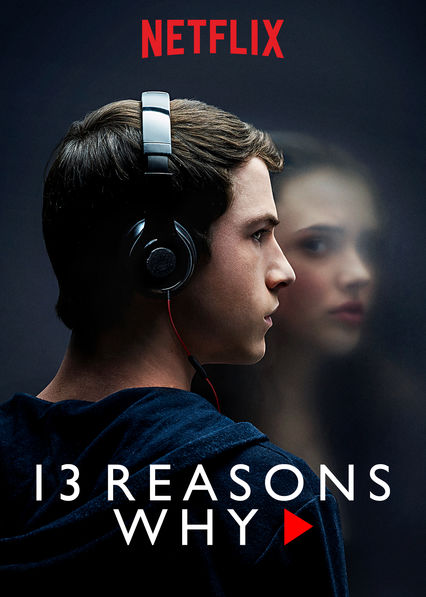Stories have effects. Screenplays are machines built to produce emotions—and to open new perspectives on life.
What are the implications of this truth when it comes to 13 Reasons Why?
Much has been written about the Netflix series, which chronicles the aftermath of Hannah Baker’s suicide, the sophomore a victim of her classmates’ cruelty, meanness, and indifference.
Fairly good-looking actors, trendy hairstyles, and catchy music tracks—together with graphic scenes of the suicide and three rapes.
Some thoughts of mine on this issue.
Like Barbara Nicolosi (see here), screenwriter and friend of the MISP, I believe in Brian Yorkey’s good intentions. The creator of the show aimed at condemning some horrible behaviors. Like Nicolosi, though, I also think that the show runs the risk of unintended effects. Hanna’s choice at the end of Season 1, together with the tapes she has recorded to confront her classmates with their culpability in her death, could appear as a way of exerting a posthumous power over them. And there are always fragile, impressionable viewers looking for a model in the wrong part of the story. Although Netflix introduces each episode with content warnings, I’m skeptical about their efficacy.
Honestly, one could find “reasons why” telling a story like this is a good idea—and “reasons why” it’s not. Check out a good list of the opposing arguments in this Indiewire post about Season 2.
And yet, and yet…
To have a positive impact on real life and real behaviors, a story should be insightful in depicting a way out of the problems it tackles. In the case of 13RW, and especially considering the delicate topic, this would mean violating some tropes typical of the teen drama genre—mainly, the idea that teenagers live their lives sequestered from their parents, rendering the adults incapable of any effective action. This trope is firmly reinforced in the show.
Just compare this series with what happens in some episodes of Friday Night Lights’s first season (which is in many ways an exception within the genre). Here, Coach Taylor and his wife actively—and positively—interfere in what youngsters do, think, and want. The two help them solve their problems.
Yes, what the Parents Television Council says about 13RW’s Season 2 is essentially true, and can be said about Season 1 as well. The series “doesn’t provide a path forward.” “It makes you feel hopeless.”
Small hints for a better future in the show.


Be First to Comment